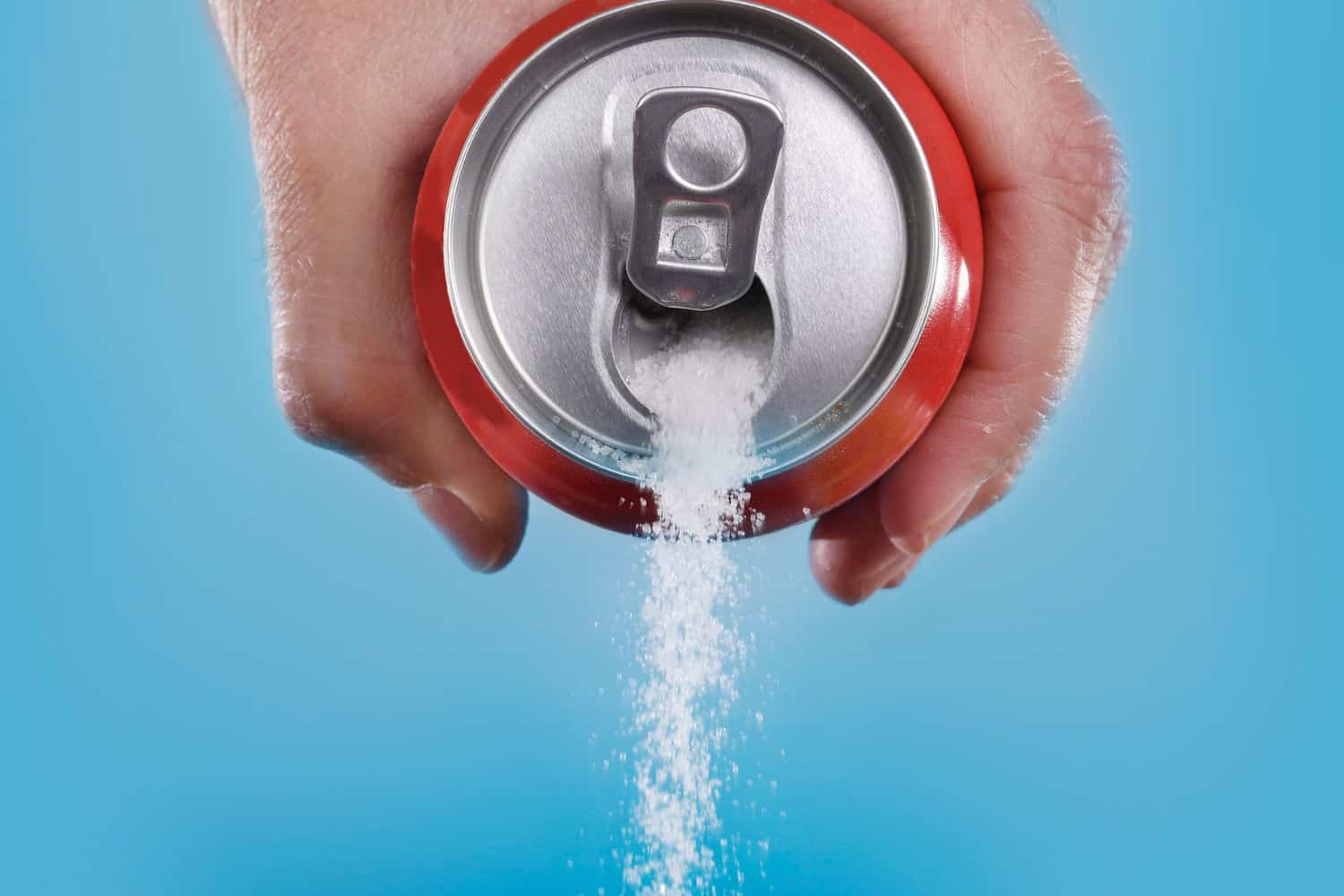The WHO mentioned 2.6 million folks a 12 months die from consuming alcohol, whereas greater than eight million die from having an unhealthy weight loss plan.
Nations want to extend their taxes on alcohol and sugar-sweetened drinks, the World Well being Organisation mentioned Tuesday, saying too few states have been utilizing tax to incentivise more healthy behaviours.
After finding out taxation charges, the WHO mentioned the typical international tax charge on such “unhealthy merchandise” was low, and mountaineering taxes may end in more healthy populations.
“WHO recommends that excise tax ought to apply to all sugar-sweetened drinks (SSBs) and alcoholic drinks,” the UN well being company mentioned in an announcement.
Excise taxes goal explicit items and companies.
The WHO mentioned 2.6 million folks a 12 months die from consuming alcohol, whereas greater than eight million die from having an unhealthy weight loss plan.
“Implementing tax on alcohol and SSBs will scale back these deaths,” it mentioned.
It will not solely assist minimize down use of those merchandise but additionally give corporations an incentive to make more healthy merchandise, it added.
The WHO mentioned that though 108 international locations do impose some taxation on SSBs, globally, excise taxes on common symbolize simply 6.6% of the worth of a soda.
Half of these international locations additionally tax water, the WHO famous – one thing not really helpful by the UN company.
Advantages of sugar and alcohol tax
“Taxing unhealthy merchandise creates more healthy populations. It has a optimistic ripple impact throughout society – much less illness and debilitation and income for governments to supply public companies,” mentioned Rudiger Krech, the WHO’s well being promotion director.
“Within the case of alcohol, taxes additionally assist forestall violence and highway site visitors accidents.”
The Geneva-based WHO on Tuesday launched a handbook on alcohol tax coverage and administration for its 194 member states.
It mentioned minimal pricing, mixed with taxation, may curb consumption of low-cost booze and scale back drink-related hospitalisations, deaths, site visitors violations and crimes.
“A big physique of analysis has demonstrated that individuals who interact in heavy episodic consuming are inclined to drink the most affordable obtainable alcoholic drinks,” it mentioned.
Some 148 international locations apply nationwide excise taxes on alcoholic drinks.
“Nonetheless, wine is exempted from excise taxes in no less than 22 international locations, most of that are within the European area,” the WHO mentioned.
Globally, on common, the excise tax within the worth of essentially the most bought model of beer is 17.2%, whereas for essentially the most bought model of kind of spirits is 26.5%, the organisation claimed.
“A urgent concern is that alcoholic drinks have, over time, constantly develop into extra reasonably priced,” mentioned WHO assistant director-general Ailan Li.
“However growing affordability could be curbed utilizing well-designed alcohol tax and pricing insurance policies.”
The handbook mentioned the drinks business usually argues that alcohol taxes hit the poorest hardest – however mentioned this ignores the “disproportionate hurt per litre for alcohol customers in decrease socioeconomic teams”.
NOW READ: SA raises considerations as Botswana extends ban on recent produce imports
